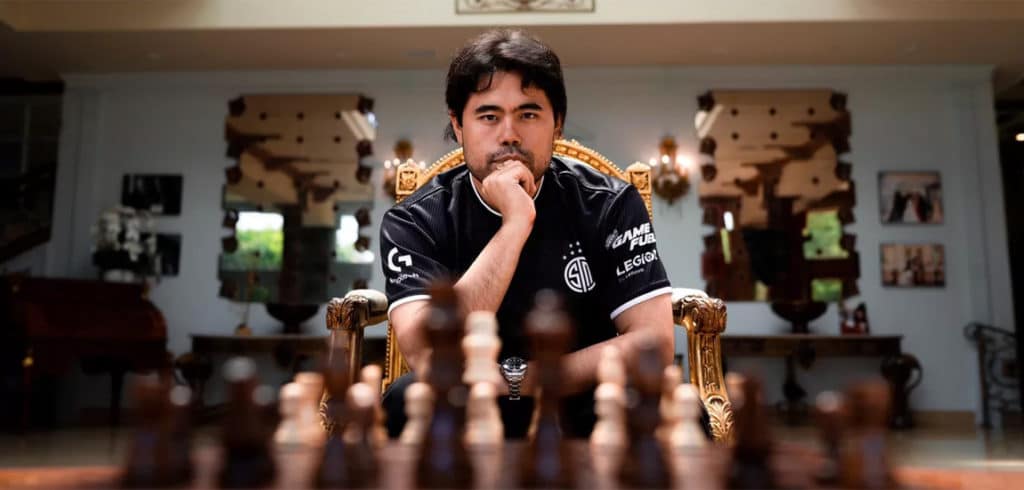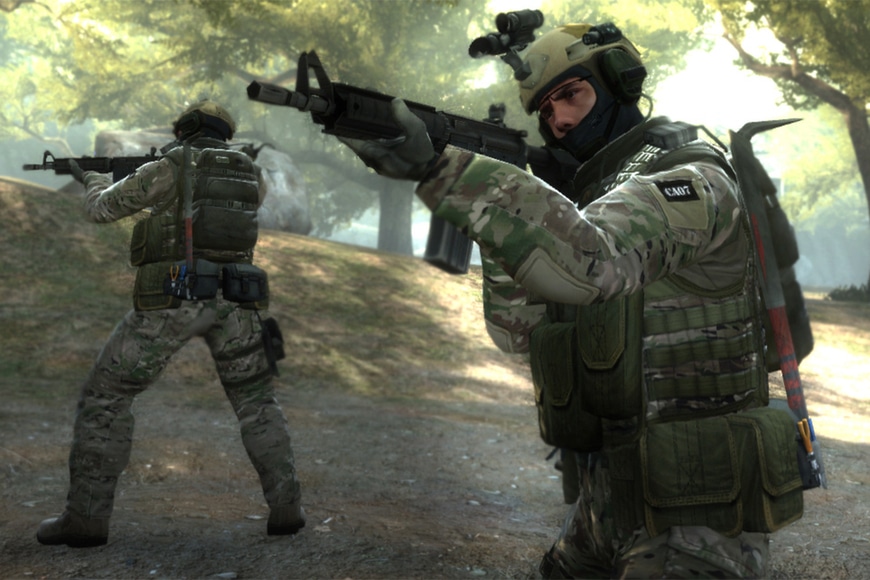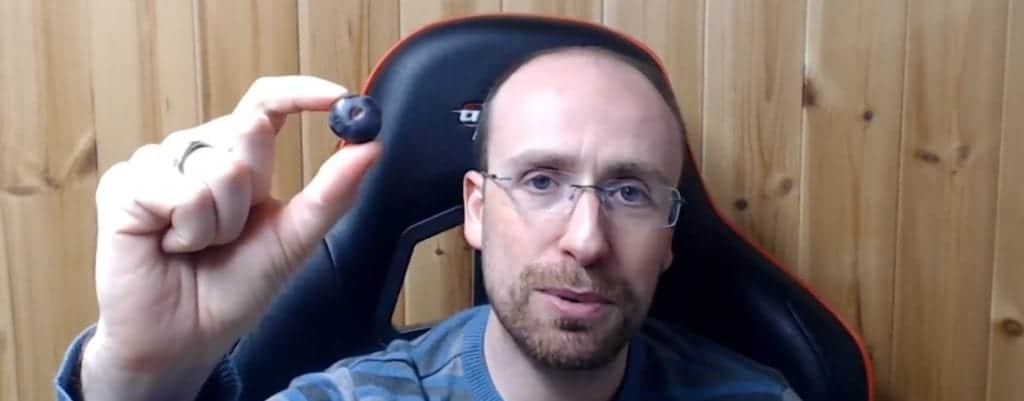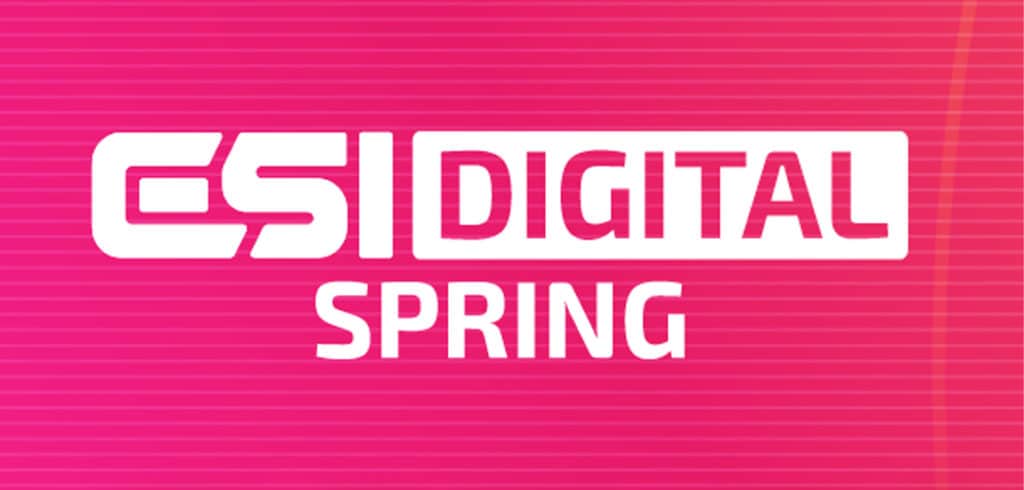Article contains affiliate link
Esports News UK editor Dom Sacco picks three highlights from Esports Insider’s ESI Digital Spring 2021 online conference, which took place last week.
1. Is chess an esport?

Chess has seen a surprising resurgence over the past year or so, with Chess.com tournaments being held on Twitch and esports teams such as TSM hiring their own pro chess players.
The Chess category on Twitch racked up 21m hours watched in February this year. But is the classic game really an esport now? Or just a glorified digital version of what it’s historically been?
TSM’s head of operations Walter Wang questioned the need to refer to it as an esport at all. Much like the ‘are esports a sport’ argument – does it even matter?
“Why put chess in a box and why put esports in a box? In the end, what are we all trying to do?” he said. “We’re trying to bring out the tension, the excitement, the passion and the entertainment of competition. We all play in the attention economy, we’re trying to vye for eyeballs and we’re trying to create entertainment.”
Chessable is one service that uses science-backed learning techniques to help boost player retention by up to 95%.
Kaja Snare, sport director at Play Magnus Group, said we should take note of the rise of chess.
“There’s not any turning back,” she said. “Chess is now, it’s an extremely deep online game and I think there’s huge potential when it comes to chess as an esport: design, sound effects, features you can use to make the mental distance from the viewers to the players smaller.”
Chess.com chess officer Danny Rensch, added: “I think Kaja is right, there’s a lot of potential to ‘gamify’ the viewing experience. What is the right animation to have for a piece? The players want the moves to be snappy, so we need to keep the game as lean as possible, but on the entertainment side, in terms of how it’s delivered, that’s thought about a lot in terms of how we design our events, the formats, making it fun and engaging and so on.”
2. Is Valve a help or a hindrance with the way it operates in esports?

CSGO and Dota 2 developer Valve is known for its hands-off approach in esports. Not always easy to approach or to get an answer out of, Valve does things its way. But is that detrimental or a boon to esports in the long run?
For us at Esports News UK, Valve has done a ton for esports and deserves respect. But there’s no denying the frustration of not receiving much comment on esports from them. The panellists had a mix of opinions.
VP of product development at ESL Gaming, Michał ‘Carmac’ Blicharz, said: “The role of the publisher is to do as little as they can get away with, while delivering a good-enough platform for third parties to come in and generate value and stimulate competition at the same time. Plus, regulate a little bit. They can be as hands-on as they need to be.
“In the CSGO Majors, Valve came around and said ‘the best most appealing offer for a Major will get our support, a quarter million dollars in prizes’ and that stimulated tournament organisers. You have to give them credit for that. At the same time, any game that has a fanbase and viewership will be successful as long as people are given the tools to make it work.”
OG CEO, JMR Luna, said: “CSGO is so good, I think it would have worked in any shape, in any form. It was a no-brainer for us getting involved in this esport. And with Valve behind it, that’s what gave us the passion to get into it.”
Team Vitality CEO Nicolas Maurer would like to see franchised leagues from Valve in the future: “From a team perspective, you can invest in the long term. Revenue sharing is key to the sustainability. You have full control over your product – and that’s the trend we’re seeing in the industry.”
Carmac responded: “Nicolas said a franchised closed league is a better product, but I don’t think there’s a league where there’s zero threat. I don’t find the franchised league appealing myself.”
The general concensus was that both Dota 2 and CSGO are unique games stemming from the community, but the recognition of this from Valve has been central to their success.
3. The growing importance of health in gaming and esports

Michael Noga, CEO and co-founder of performance gaming supplement brand Madmonq, gave an interesting talk on the importance of health and its benefits within esports, as well as mental health.
“We partnered up with our streamers to talk about how they battled through tough times to emerge even stronger,” Michael said. “We wanted them to show that in these dark times they can be a source of strength. We launched this campaign on Twitch and 15,000 people watched live. Afterwards, our inboxes were immediately flooded with hundreds of messages from gamers about them needing to hear that message at that time.”
Michael spoke about a content creator who was losing viewers, and his health was struggling as he wasn’t taking care of his health properly. Madmonq helped him and used this as a case study to show how things can improve with a bit of help and focus.
He was also joined on the panel by Martin Styk, FunPlus Phoenix CSGO pro player, who spoke about how his performance has increased thanks to a good diet, meditation, decent breathing exercises and sleeping patterns, as well as yoga.
“These things can be very helpful for your mental health,” Martin said. “If you feel burnout, it will stay there until you have a break. There’s no magic pill, you need to take a break. Burnout is a serious topic, it’s dangerous and can ruin your career for years.”
You can check out more on the Esports Insider website in the ESI Digital Spring day one recap and ESI Digital Spring day two recap.

Dom is an award-winning writer and finalist of the Esports Journalist of the Year 2023 award. He has almost two decades of experience in journalism, and left Esports News UK in June 2025.
As a long-time gamer having first picked up the NES controller in the late ’80s, he has written for a range of publications including GamesTM, Nintendo Official Magazine, industry publication MCV and others. He also previously worked as head of content for the British Esports Federation.


